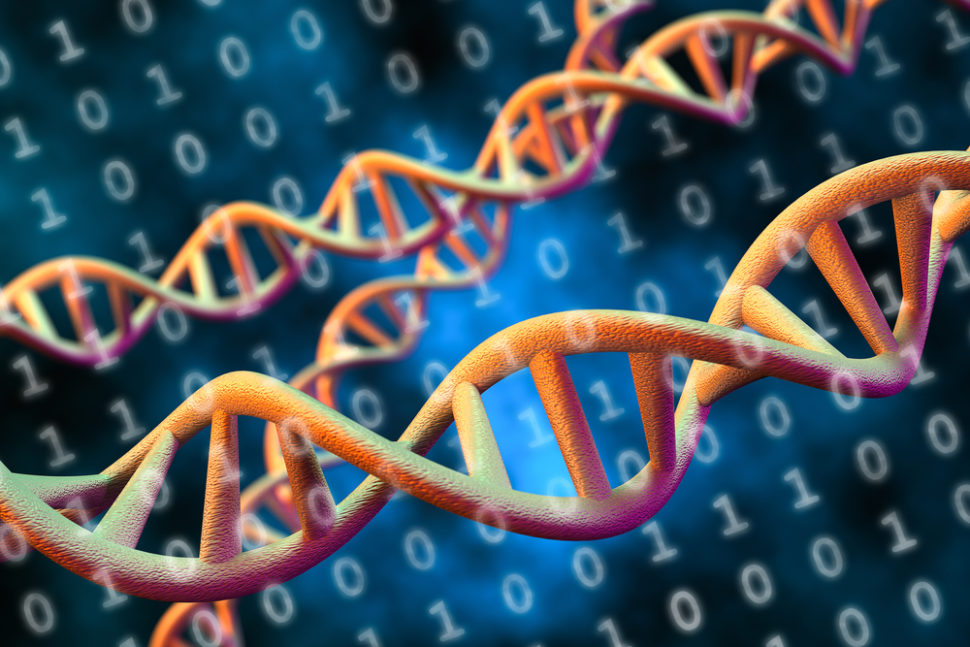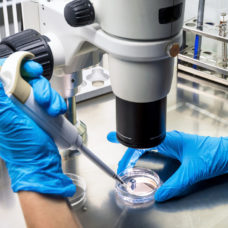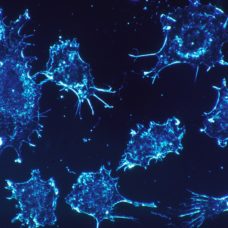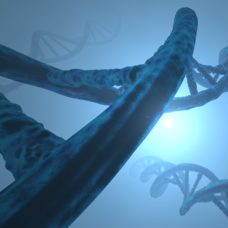Hard drives, flash disks, and other conventional memory devices can’t keep up with the ever-growing tsunami of data.
Taking inspiration from nature, scientists have turned to DNA, the natural information molecule, and showed its potential as an ultra-compact data storage medium.
Most of the research recently has been focussed on information-encoding natural polymers like DNA, but biochemical information systems also rely on small molecules like amino acids and sugars, or metabolites.
Data Storage Systems can use Some Synthetic Metabolomes
DNA is far from being the only biological molecule that can be used for data storage, as new research led by Brown University scientists shows smaller molecules could have even higher potential.
Engineers and chemists led by Jacob Rosenstein, a professor in Brown’s School of Engineering, used a metabolite solution containing sugars, amino acids, and other small molecules to store and retrieve data.
As a proof-of-concept, they used artificial metabolomes to encode and retrieve binary images like those of an ibex and a cat.
Prof. Rosenstein, the senior author of the paper, explains:
“This is a proof-of-concept that we hope makes people think about using wider ranges of molecules to store information. In some situations, small molecules like the ones we used here have even greater information density than DNA.”
“Research like this challenges what people see as being possible in molecular data systems,” Rosenstein said. “DNA is not the only molecule that can be used to store and process information. It’s exciting to recognize that there are other possibilities out there with great potential.”
As part of a DARPA-funded contract comes the present research from Brown scientists who are exploring ways to create molecular information systems.
Although they used image files only up to 2 kilobytes in size, researchers describe the experiment as reliable and claim metabolites to have a higher storage density than DNA’s 214 petabytes per gram.
The system is scalable because the number of bits in a mixture increases with the number of metabolites in synthetic metabolomes, and known metabolites available for use are numbered in the thousands.
DNA’s information-encoding high capacity comes from the combinatorial complexity of its four bases. Metabolomes’ advantage, however, lies in the diversity of coexisting metabolite molecules that allows many different combinations.
Metabolites interact to form new more complex compounds, and this allows data, in addition to being stored, to be manipulated at will, thus paving the way for molecular computers.
As the researchers point out, metabolites in the metabolome solutions would chemically interact and may lead to errors or loss of data. “But that’s a bug that could ultimately become a feature. It may be possible to harness those reactions to manipulate data — performing in-solution computations.”



















Comments (0)
Most Recent